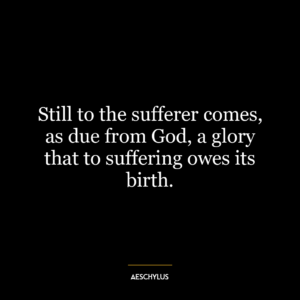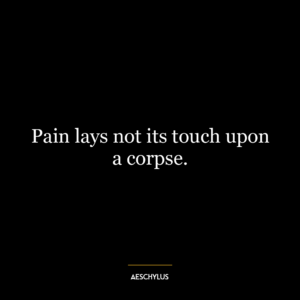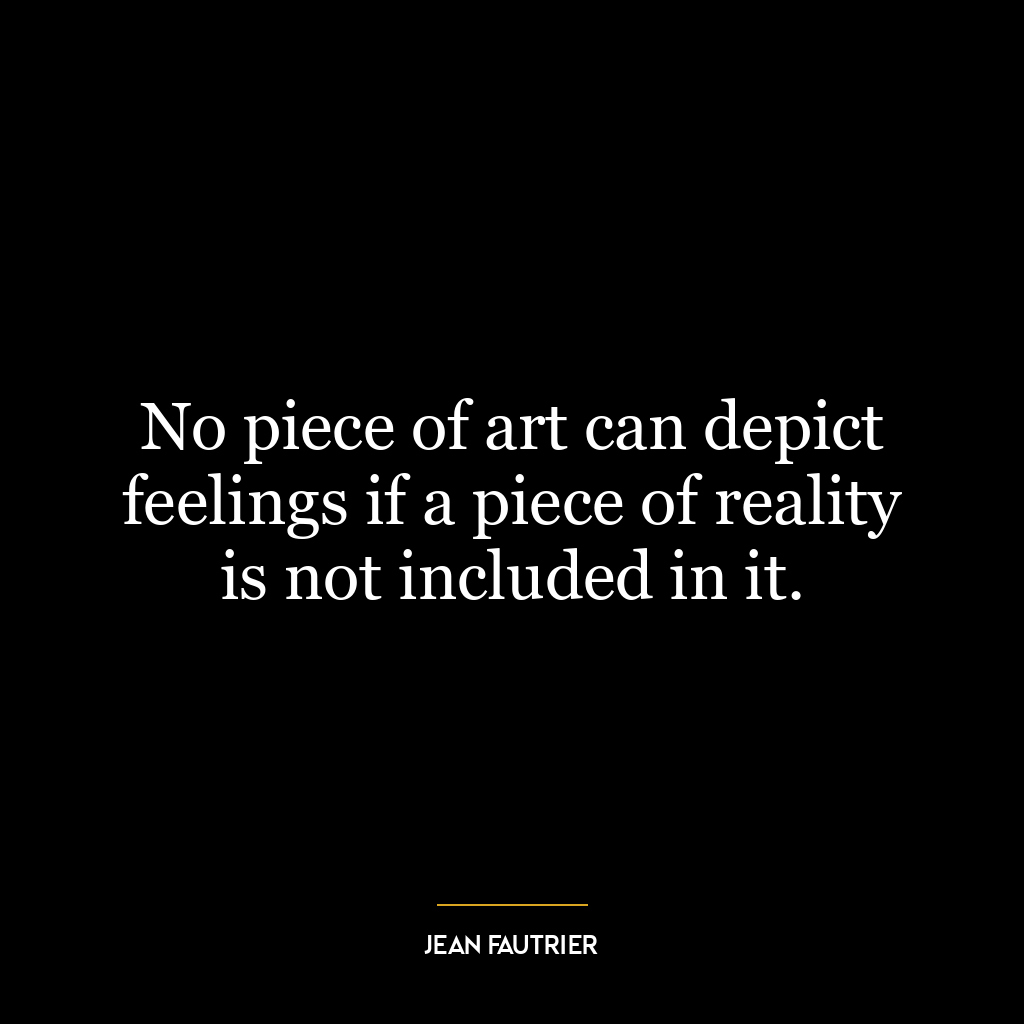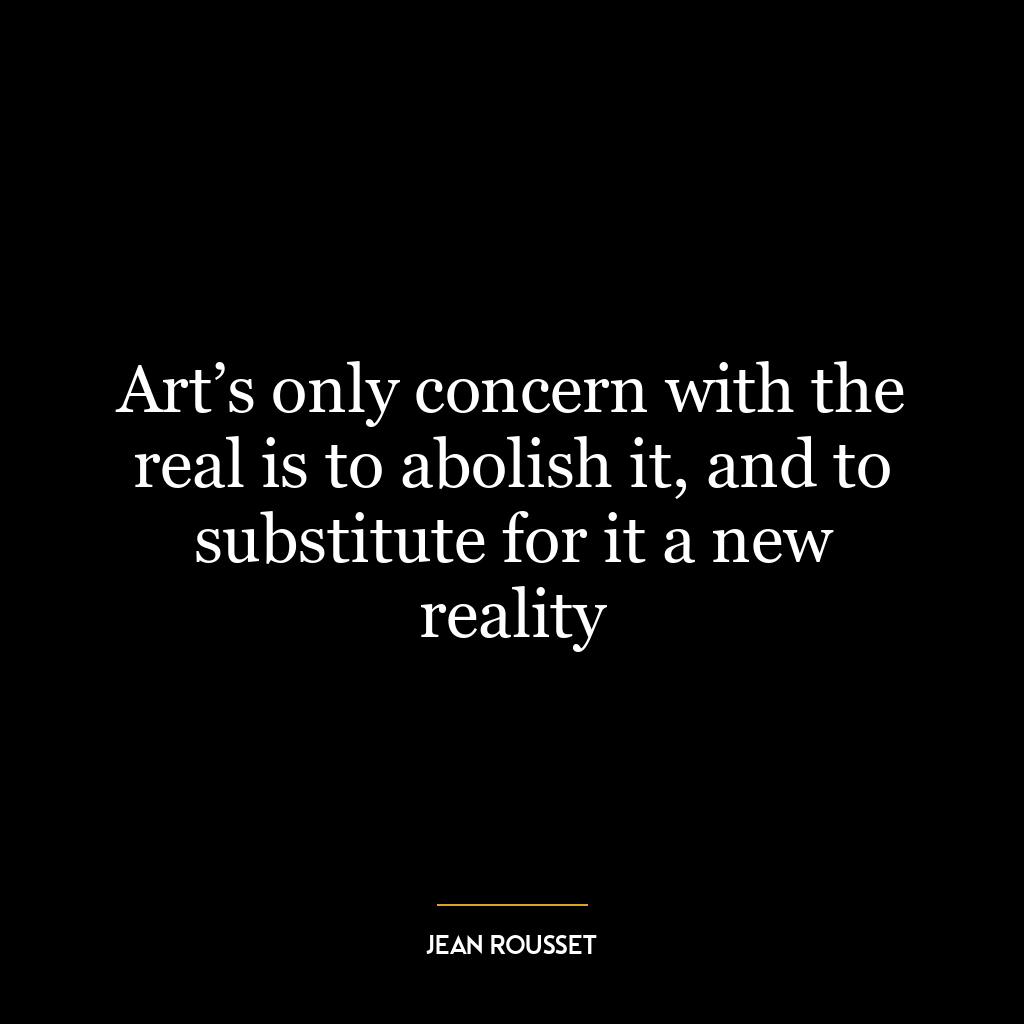This quote suggests that many people who violate principles of fairness and justice often prioritize maintaining a certain image or appearance over the actual truth or reality. They may commit unjust acts but still want to appear honorable, respectable, or virtuous in the eyes of others. This is a form of hypocrisy where one’s actions do not match their projected image or stated values.
In simpler terms, it’s like a person who steals but wants to be seen as honest. They might go to great lengths to hide their theft or justify it in some way to maintain an appearance of honesty. Their focus is not on being genuinely honest (the reality), but on appearing honest to others (the appearance).
In today’s world, this idea is still very relevant. For example, in politics, a leader might make promises or project an image of integrity and concern for the public, while behind the scenes, they might be involved in corruption or unethical practices. They prioritize their public image over the reality of their actions.
In terms of personal development, this quote can serve as a reminder to align our actions with our values and to strive for authenticity. It suggests the importance of self-reflection and honesty with oneself. Rather than focusing on how we appear to others, we should focus on our actual behavior and attitudes. This alignment between appearance and reality can lead to personal growth, integrity, and a more genuine sense of self.
















